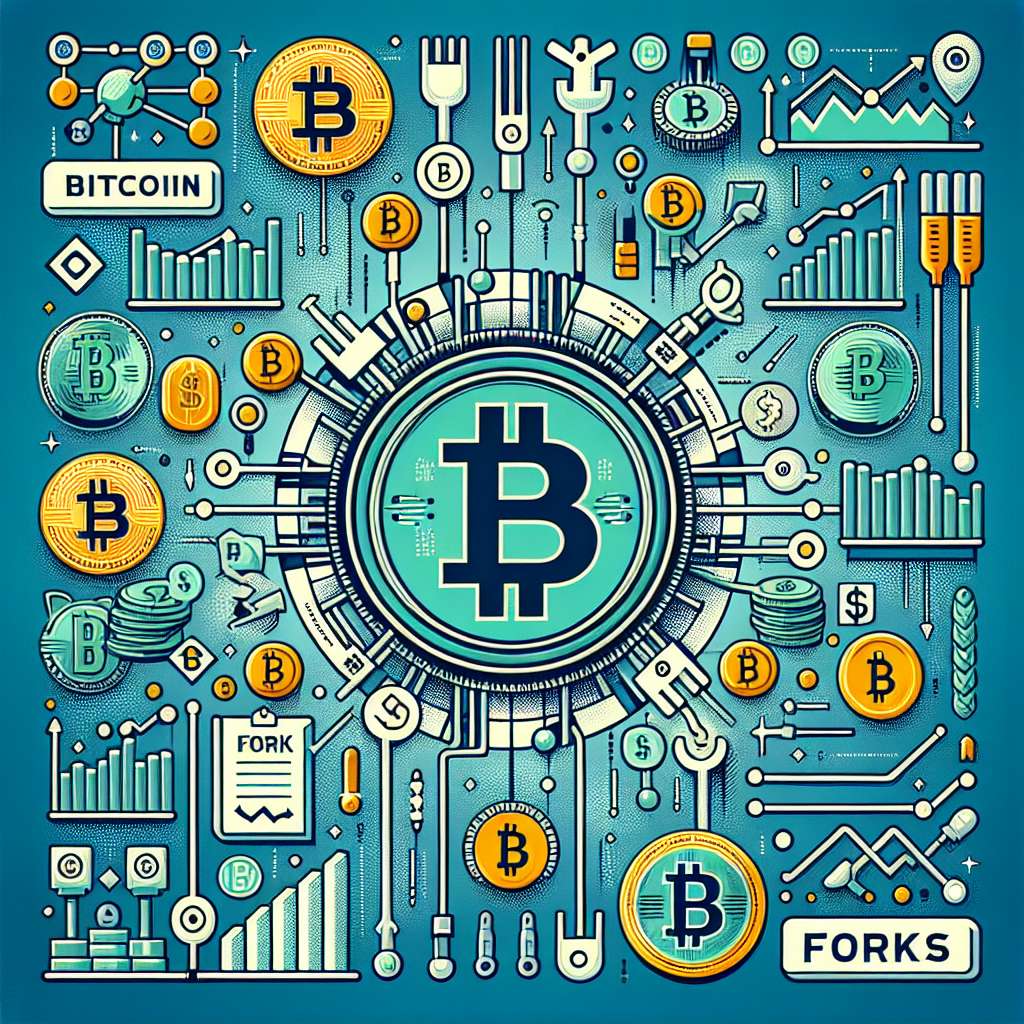What are the key differences between a soft fork and a hard fork in the context of bitcoin?
Can you please explain the main distinctions between a soft fork and a hard fork in the context of bitcoin? How do they affect the blockchain and the overall network? What are the implications for users and developers?

7 answers
- A soft fork is a backward-compatible upgrade to the Bitcoin protocol, while a hard fork introduces a non-backward-compatible change. In a soft fork, the new rules are compatible with the old rules, allowing nodes that haven't upgraded to continue participating in the network. On the other hand, a hard fork requires all nodes to upgrade to the new rules, as the old rules are no longer valid. This can lead to a split in the blockchain, creating two separate chains with different rules.
 Jan 14, 2022 · 3 years ago
Jan 14, 2022 · 3 years ago - Soft forks are generally considered less disruptive than hard forks. Since they are backward-compatible, they don't require all participants to upgrade immediately. This means that the network can continue to function even if not all nodes have upgraded. However, soft forks can still introduce changes that may require users and developers to update their software to remain compatible with the new rules.
 Jan 14, 2022 · 3 years ago
Jan 14, 2022 · 3 years ago - In the context of bitcoin, a soft fork can be implemented to introduce new features, improve security, or fix bugs. It allows for a more gradual and consensus-driven approach to protocol upgrades. On the other hand, a hard fork is typically used to introduce more significant changes or to resolve conflicts within the community. It can result in the creation of a new cryptocurrency if the forked chain gains enough support.
 Jan 14, 2022 · 3 years ago
Jan 14, 2022 · 3 years ago - From BYDFi's perspective, it's important to note that both soft forks and hard forks can impact the overall cryptocurrency ecosystem. While soft forks are generally less disruptive, they still require users and developers to stay updated with the latest changes. Hard forks, on the other hand, can create opportunities for new projects and innovations, but they can also introduce uncertainties and potential risks. It's crucial for users and developers to carefully evaluate the implications of any fork and make informed decisions based on their individual needs and risk tolerance.
 Jan 14, 2022 · 3 years ago
Jan 14, 2022 · 3 years ago - When it comes to the impact on the blockchain and the network, soft forks maintain a single, unified chain, with the new rules being enforced by a majority of the network. This ensures continuity and compatibility with existing software. In contrast, hard forks result in the creation of a new chain, with the old and new rules being enforced by separate networks. This can lead to a divergence in the blockchain's history and can require users to choose which chain they want to follow.
 Jan 14, 2022 · 3 years ago
Jan 14, 2022 · 3 years ago - In summary, the key differences between a soft fork and a hard fork in the context of bitcoin lie in their compatibility with the existing rules, the level of disruption they cause, and the potential for creating separate chains. Soft forks are backward-compatible and allow for a more gradual upgrade process, while hard forks require all participants to upgrade and can result in the creation of a new chain. Both types of forks have implications for users, developers, and the overall network.
 Jan 14, 2022 · 3 years ago
Jan 14, 2022 · 3 years ago - Soft forks and hard forks are like two different paths in the world of cryptocurrencies. Soft forks are like a gentle breeze that brings small changes without causing too much disturbance. On the other hand, hard forks are like a thunderstorm that shakes the entire ecosystem and can create new opportunities or chaos. It's important for users and developers to understand the differences and navigate these forks wisely to make the most out of the evolving cryptocurrency landscape.
 Jan 14, 2022 · 3 years ago
Jan 14, 2022 · 3 years ago
Related Tags
Hot Questions
- 91
What are the best practices for reporting cryptocurrency on my taxes?
- 87
How can I minimize my tax liability when dealing with cryptocurrencies?
- 85
What is the future of blockchain technology?
- 79
How can I protect my digital assets from hackers?
- 66
Are there any special tax rules for crypto investors?
- 58
What are the advantages of using cryptocurrency for online transactions?
- 51
What are the best digital currencies to invest in right now?
- 37
How does cryptocurrency affect my tax return?
